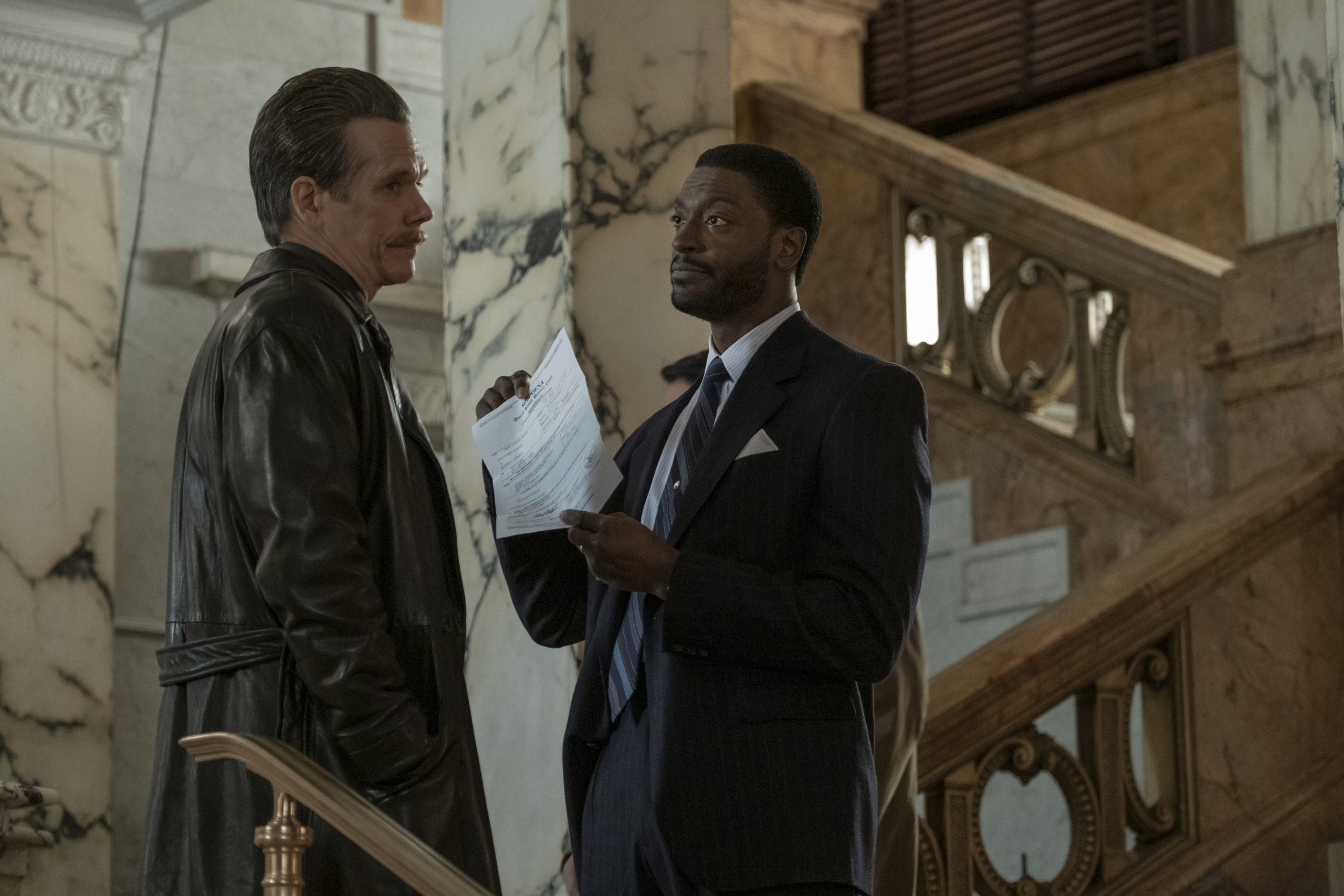The announcement of Academy Award nominations always brings intrigues and questions no matter who’s nominated, and the 2023 nominations were no different. While a lot of the nominations didn’t come as a shock to many whose eyes had been on the awards-circuit race, there were some nominations that came as a surprise, specifically in the Best Actress race. With the Best Actress nomination, there were the expected nominations of Michelle Yeoh, and Cate Blanchett. And then there was the surprise nomination of Andrea Riseborough for her performance in To Leslie. Of course, the nomination was not a complete surprise as there was a type of celebrity-influenced grassroots campaign to get Riseborough into one of those coveted five spots. A celebrity-influenced grassroots campaign that was rather unconventional in the current infrastructure of the Oscar campaigning.
The campaign for To Leslie basically started when a litany of celebrities watched the film and boasted about how amazing the film was and how powerful Riseborough’s performance was. This trickled to even more celebrities joining the cause and encouraging members of the Academy to watch and vote for To Leslie and for Riseborough. As a result, there was enough in terms of support and numbers for the Academy to give her a nomination. However, that nomination and the tactics used to gain it caused concern for the Academy of Motion Picture Arts and Sciences. So much concern that it lead to an investigation into whether this campaign broke any Academy rules. Of course, this is not to say that Riseborough is not deserving of a nomination or that her performance in the film didn’t warrant recognition as the investigation concluded that the nomination would stay. It does, however, place the awards campaign process in the spotlight as To Leslie’s approach counters the current way of campaigning.
Oscar campaigning has studios pump tons of money into “For Your Consideration” ads and potential nominees practically have to kiss the rings of Academy members for a chance to take one of the gold men home, and Riseborough’s nomination came as a result of industry connections and good word of mouth. It calls to mind how almost 25 years prior, there was another disruption in Oscar campaigning.
The 1999 Oscars Changed the Game
That 1999 Academy Awards would be where Oscar campaigning changed forever. That year, the Best Picture nominees included Steven Spielberg‘s war epic Saving Private Ryan and John Madden‘s love letter to theater and acting, Shakespeare in Love. Shakespeare in Love won over Saving Private Ryan. That’s a head-scratching decision as Saving Private Ryan is considered one of the greatest films of all time and Shakespeare in Love lacks the same cultural staying power. It’s now being a popular consensus that Saving Private Ryan should’ve taken home Best Picture instead. Shakespeare in Love’s ultimate triumph comes down to one man: Harvey Weinstein.
Weinstein, former head of Miramax, producer of Shakespeare In Love, and current convicted sex offender, changed the way to get an Oscar. In the past, Oscar campaigning was a low-key thing that was merely small matter for obtaining an Oscar. According to Den of Geeks, “Prior to Shakespeare in Love’s win, Oscar campaigns were generally a cordial, good old boys’ affair. There would be industry screenings for Academy voters and the guilds, of course, and promotions in trade newspapers that would provide ‘For Your Consideration’ pullout ads.” Harvey Weinstein’s methods and strategy of winning would throw that playbook in the trash.
Weinstein changed the campaign by making it a spectacle. He threw a “Welcome to America” party for John Madden and invited some of the members of the Academy. It’s where he touted the worldliness of a film such as Shakespeare in Love. In addition to that, he made actors and nominees go through a litany of press and interview runs to be in the faces of the Academy members and also outspend the competition. Despite the unorthodox way of campaigning and the fact that it rubbed the establishment the wrong way, it worked. Shakespeare in Love not only won seven Oscars, but the top prize of Best Picture.
The Consequence Of ‘Shakespeare In Love’s Win
It was when Harvey Weinstein and the producers of Shakespeare in Love took the stage to accept their award, that Oscar campaigns for the next twenty-five years would never be the same. According to Vanity Fair, “Despite the conventional pushback, Miramax’s Shakespeare campaign became a model going forward. ‘The whole apparatus for campaigning became a cottage industry,’ film marketer Terry Press said.”
Now it’s expected for studios to spend a lot of money to even stand a chance as a result of one of the Weinstein methods of outspending the competition. If one would look at the 2019 Oscars, one could witness how the cost of campaigning would be in the millions if a film was gunning for more than one nomination. According to Variety, “Oscar campaign budgets for films seeking nominations in multiple categories, such as A Star Is Born, Roma, and First Man, can run from $20 million to $30 million as companies compete with each other to out-wine and dine awards voters, according to insiders at the various studios and streamers.” In effect, Weinstein turned a friendly competition into an all-out war for the studios.
While on the surface, the Andrea Riseborough nomination and Shakespeare in Love’s winning campaign seem to be on completely different islands, what they do share is their disruption. Shakespeare in Love disrupted the sportsman-like process of “may the best film win” and gave way to outspending and out-gunning to get the gold. The To Leslie nomination was in essence a result of the connections and “who you know” in the industry. Celebrities held screenings, social media, and email campaigns to urge people to support the film, culminating in a successful nomination in a sea of studios flushing millions all because of a movie about William Shakespeare in the 1990s.
The landscape of what Weinstein created was disrupted by the low-key nature of To Leslie. The unorthodox manner of both campaigns shook the ways of what has been done. While the effects of the Weinstein process are evident, it is unknown what Riseborough’s nomination will change the game.
























































![Key Metrics for Social Media Marketing [Infographic] Key Metrics for Social Media Marketing [Infographic]](https://www.socialmediatoday.com/imgproxy/nP1lliSbrTbUmhFV6RdAz9qJZFvsstq3IG6orLUMMls/g:ce/rs:fit:770:435/bG9jYWw6Ly8vZGl2ZWltYWdlL3NvY2lhbF9tZWRpYV9yb2lfaW5vZ3JhcGhpYzIucG5n.webp)




.jpeg)

















